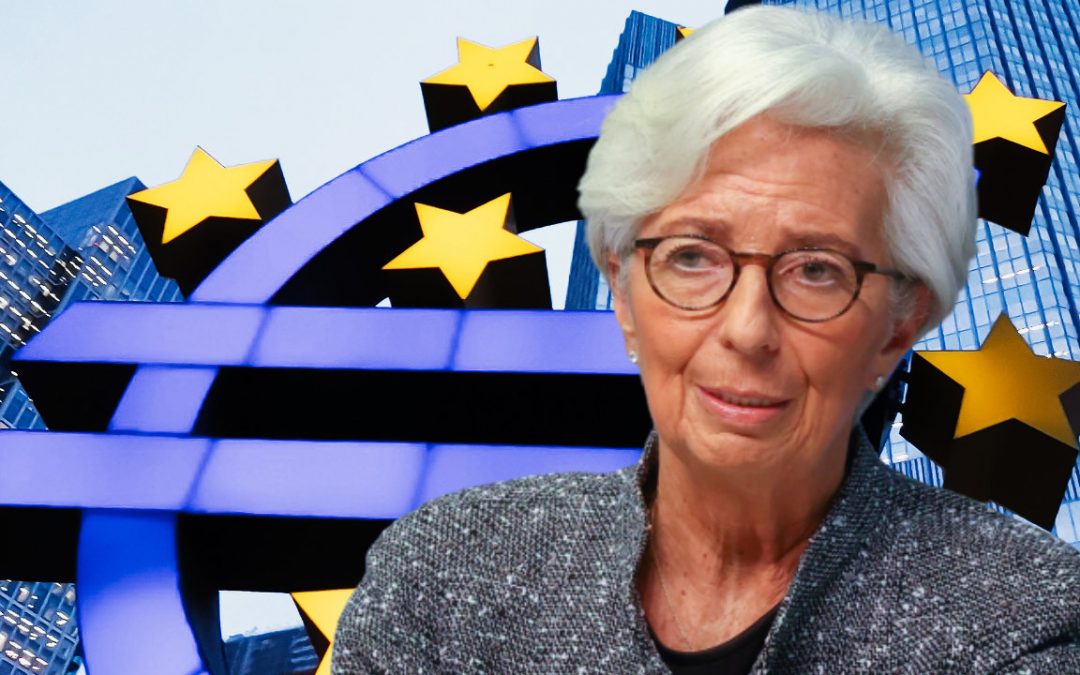The European Central Bank (ECB) says it is “starting to investigate” a digital euro by launching a two-year investigation. ECB President Christine Lagarde believes the ECB should be ready to respond to people’s demands for digital currencies and come up with a European-based solution that “does not jeopardize the whole banking system.”
Lagarde Unveils ECB’s Plans to Respond to Digital Currency Demand With Digital Euro
The president of the European Central Bank (ECB), Christine Lagarde, talked about central bank digital currencies (CBDCs), particularly the digital euro, in an interview last week with Klaus Schwab, founder and executive chairman of the World Economic Forum.
Following the interview, Lagarde tweeted: “We at ECB believe that we should be ready and have the technology available to respond to people’s demands. That’s why we are launching a two-year investigation into a digital euro.”
The ECB’s website states:
We are now starting to investigate what a digital euro might look like. This investigation phase will start in October 2021 and last for about two years.
“We will look at how a digital euro could be designed and how it could be distributed to merchants and citizens, as well as the impact it would have on the market and the changes to European legislation that might be needed,” the European Central Bank detailed.
ECB chief Lagarde further explained to Schwab, “If customers prefer to use digital currency rather than have banknotes and cash available, it should be available.” She opined:
We should respond to that demand. And make sure that we have a solution that is European based, that is secure, that is available under friendly terms, that can be used as a means of payment at reasonable terms as well and does not jeopardize the whole banking system, which should be part and parcel of the proposal.
if (!window.GrowJs) { (function () { var s = document.createElement(‘script’); s.async = true; s.type=”text/javascript”; s.src=”https://bitcoinads.growadvertising.com/adserve/app”; var n = document.getElementsByTagName(“script”)[0]; n.parentNode.insertBefore(s, n); }()); } var GrowJs = GrowJs || {}; GrowJs.ads = GrowJs.ads || []; GrowJs.ads.push({ node: document.currentScript.parentElement, handler: function (node) { var banner = GrowJs.createBanner(node, 31, [300, 250], null, []); GrowJs.showBanner(banner.index); } });
Lagarde continued: “So that’s the reason why we’ve decided to go ahead with a two-year experiment to ensure that we can actually respond to that demand: Availability, just as cash is available and will continue to be available, but it will be a consumer’s preference; the safety and security of the device; user-friendliness; cheap cost; and ways of transacting business that will be recognized and accepted not only in the euro area, but around the world.”
The ECB clarified:
Once the investigation phase has ended, we will decide whether or not to start developing a digital euro. We would then create and test possible solutions, working together with banks and companies which could provide the technology and the payment services.
Do you think the ECB should launch a digital euro? Let us know in the comments section below.














